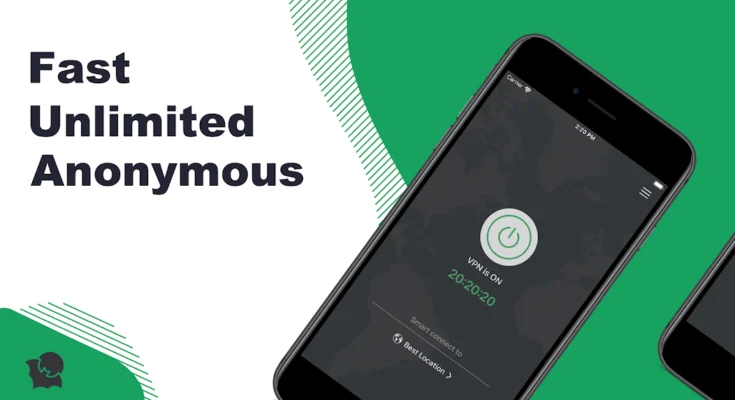What is a VPN?
A Virtual Private Network (VPN) is a technology that creates a secure, encrypted connection between your device and the internet. This tunnel allows you to browse the web anonymously, masking your IP address and protecting your online activities from prying eyes.
How Does a VPN Work?
When you connect to a VPN, your internet traffic is routed through a remote server, which encrypts the data and assigns you a new IP address. This process hides your real location and makes your activities virtually untraceable. VPNs use protocols like OpenVPN, L2TP/IPsec, and WireGuard to ensure data integrity and security.
Key Features of VPNs
- Privacy Protection: VPNs mask your IP address, making it difficult for third parties to track your online activities.
- Bypass Geo-Restrictions: Access content that may be restricted in your region by connecting to servers in different countries.
- Secure Public Wi-Fi: VPNs protect your data from hackers when using public Wi-Fi networks by encrypting your connection.
- Anonymity: VPNs provide a layer of anonymity, allowing you to browse the web without revealing your identity.
- No Bandwidth Throttling: ISPs often throttle bandwidth based on your online activities. VPNs help avoid this by masking your activities.
Applications of VPNs
- Online Security: Protect sensitive information like banking details, passwords, and personal data from cyber threats.
- Remote Work: Employees can securely access their company’s network from anywhere, ensuring data protection.
- Streaming Services: VPNs allow access to content that might be unavailable in your region, such as Netflix libraries from other countries.
- Safe Torrenting: VPNs protect your identity while downloading or sharing files via peer-to-peer networks.
Types of VPNs
- Remote Access VPN: Commonly used by individuals to connect to a private network securely.
- Site-to-Site VPN: Used by businesses to connect different office locations over the internet securely.
- Client-Based VPN: Requires users to install VPN software on their device.
- Browser-Based VPN: Works as a browser extension, securing only the traffic that goes through the browser.
Choosing the Right VPN
When selecting a VPN, consider the following factors:
- Security Protocols: Ensure the VPN uses strong encryption and secure protocols.
- Server Locations: A wide range of server locations gives you more options for bypassing geo-restrictions.
- No-Log Policy: Choose a VPN that does not store logs of your online activities.
- Speed: Opt for a VPN that offers fast connection speeds to avoid buffering, especially for streaming and gaming.
- Ease of Use: Look for user-friendly interfaces and reliable customer support.
Ethical Considerations
While VPNs offer many benefits, they should be used responsibly:
- Legal Use: Ensure your VPN use complies with local laws and regulations.
- Respect Terms of Service: Using a VPN to bypass service restrictions might violate the terms of service of certain platforms.
- Awareness of Limitations: VPNs do not make you completely anonymous; other privacy measures may still be needed.
Conclusion
A VPN is a powerful tool for protecting your online privacy, securing your data, and accessing restricted content. Whether you’re a casual internet user or someone handling sensitive information, understanding and using a VPN can greatly enhance your online security and freedom. Always choose a reliable and ethical VPN service that aligns with your needs and priorities.



